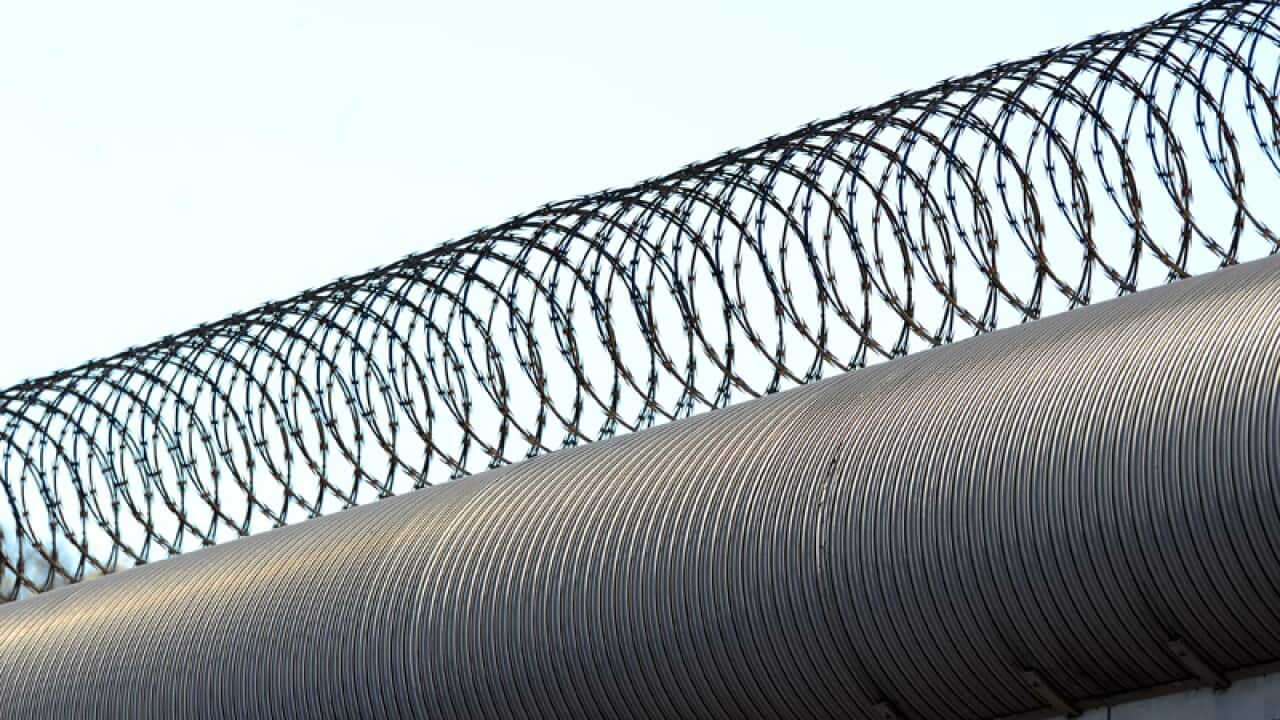New Zealand's opposition parties are becoming increasingly concerned about the way New Zealanders living in Australia are being treated under new immigration laws.
Since December, anyone who isn't an Australian citizen and who has served a 12-month jail sentence can be deported.
It was reported on Friday that up to 75 New Zealanders and Pacific islanders are being detained on Christmas Island - Radio New Zealand says it has been told 20 arrived in the past few days.
A TV report 10 days ago said that since December, 406 Kiwis have had their visas cancelled, 95 had been deported and 184 were in detention centres.
On the same day, Prime Minister John Key said the policy was "too harsh" and he intended talking to Australia's new prime minister, Malcolm Turnbull, about it.
Two days earlier, Mr Key said the government wanted more information about the deportees.
"My real point is that ... some people may well be deported to New Zealand who are not serious criminals, and who have no family, no connections, no framework in New Zealand," he said.
"That wouldn't be great for them."
Justice ministers in both governments are working on a memorandum of understanding to improve information sharing, but it's made slow progress.
Labour, the Greens and United Future don't think the government's stance is strong enough.
Labour's foreign affairs spokesman, David Shearer, says the situation is "simply unacceptable".
"Australia is dumping on New Zealand some of the laws that they've put in for other reasons to satisfy their domestic constituency and we are, in a sense, carrying the brunt of it," he said.
Kennedy Graham, the Green Party's foreign affairs spokesman, also wants the government to act.
"I'm not sure exactly what they have said privately to Australia, (but) publicly all the prime minister seems to have done is scratch his head and say he has no idea," he said.
United Future leader Peter Dunne, a government ally, says the Australian government's actions have struck at the heart of the relationship.
"We're supposed to be family, kith and kin - all that sort of thing - and yet we're seeing our people treated the same way as other overstayers or other people about to be deported, and at the same time both governments go out of their way to talk about our special relationship."









